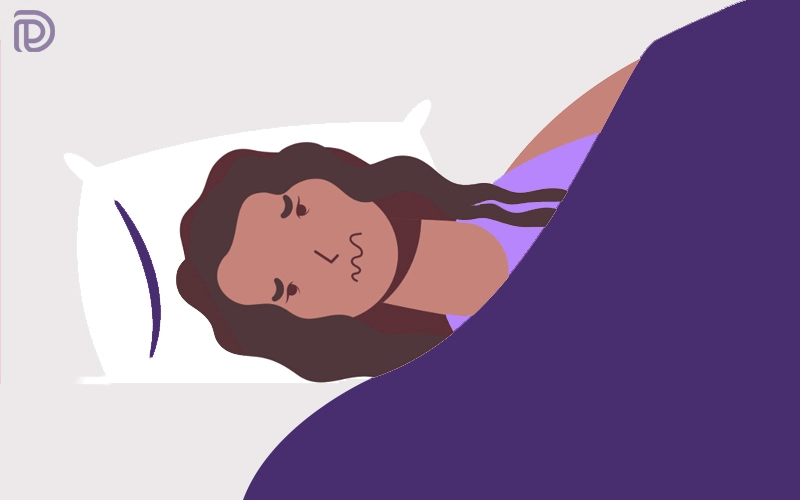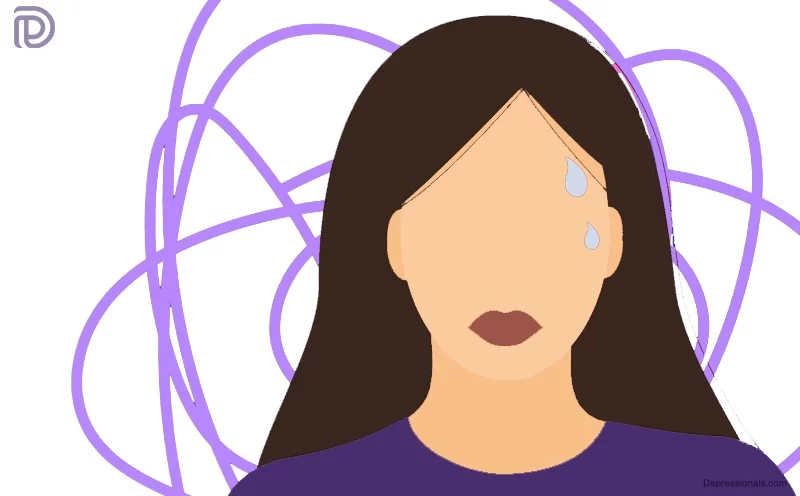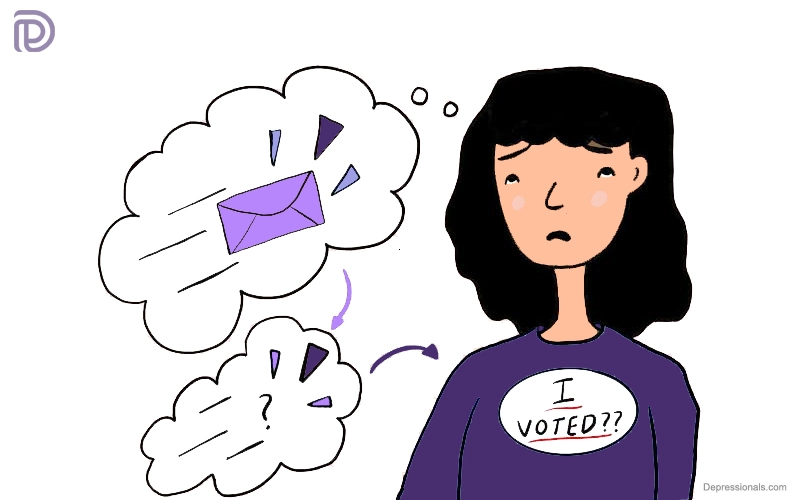There are times when we’re afraid of something, our fears are real and we know what it’s like to be fearful, whether the fear is thunderstorms, a trip to the dentist or losing a beloved family member. Our bodies respond to fear as a warning to be careful. Anxiety is more about worrying about the future rather than being afraid of something that is in the present. Here you’ll know how to overcome fear.
Anxiety and fear become a problem in our lives when they become a pattern. Are you willing to ignore an obstructed drain in your kitchen sink that poses a problem? Obviously not. Alternatively, you can attempt to fix it by yourself. When you find yourself avoiding things that cause you to fear, and your physical and mental stability is hurt, don’t ignore the problem. Don’t try to push away anxiety if it’s debilitating and makes you cower and feel ill.
If you suffer from fears and anxiety disorders, the following six steps may help to overcome fear.
Related: How to Calm Anxiety Attacks

Step 1: Understand your fear
It isn’t easy to take this first step, but it is very important. If your subconscious is full of dusty fears, you can’t overcome them. It’s a fact you need to accept. You learn what a person looks like and how he behaves when you turn your face toward him. You discover things about your fear that you did not know before when you turn toward it (rather than away from it). You can overcome it with this awareness.
Keep a journal for two or three weeks to help you face your fears and anxiety. Be sure to note any patterns that you observe. When you hear the doorbell, do your hands clam up and your stomach clenches? What times of the day do you experience more anxiety symptoms? When you are afraid, what do you usually do? Write down anything that seems important. When you put your fears into writing, they become clearer. We don’t have to deal with obstacles as big and insurmountable as before.
You will gain a greater appreciation for how to deal with your fear by learning about it.
Read: How to Stop a Panic Attack
Step 2: Name the fear
It can be helpful simply to state your fear so you can get the energy to confront it. Fear can be reduced, whether you say it out loud, write it down, or concentrate on it. Ignoring your fears makes them grow. It shrinks when you face it.
Step 3: Use your imagination in positive ways
There is nothing better than imagination. It allows you to think outside the box, have power, and be creative. If you allow your imagination to run wild, it can make you think of negative things and that can be harmful. When you imagine something worse than it actually is, you can make it seem even worse than it is.
Use your imagination to overcome fear rather than let it lead you down dark corridors.
What is the best way to do that? If you are feeling anxious, pick a time during which you are relaxed. Consider imagining yourself in something that would normally cause fear. In order to alleviate any fear of getting lost, picture yourself in an airport.
Think about how you would handle the situation peacefully. No one freezes and begins to cry. You seek out a sign or information desk that will guide you in the right direction. Imagine you’ve parked your car at the right place, unlocked your car door and drove safely home.
By imagining the scenario you want, you can become more peaceful in dealing with the actual ordeal.
Read: How to Get Over a Phobia
Step 4: Use Your Brain in a different way than usual
A specific area of your brain is responsible for fear and anxiety, which allow emotion to override your rational mind. You should consider using another part of your brain if you find yourself experiencing fearful symptoms.
For instance, consider numbers. The patient might be asked to rate his pain from 1-10 by a nurse in the clinic. You can use this scale to measure your anxiety. When you are perfectly calm at 1 and your worst symptom is 10, how anxious are you? Stop and analyze. Are you scared at 7? Good job. This can be lowered to a 3 or a 4. Reduce your fear rating by using the next step.
Step 5: Concentrate on your breathing
The importance of breathing cannot be overstated. Short breaths are usually the first sign of anxiety. When you take short breaths, you cause your body to react negatively, resulting in an anxiety attack. You need to control your breathing to overcome those fast attacks of anxiety.
Deep breathing is not difficult. You need to breathe slowly when you’ve recognized that you’re getting frightened. Let your breath out slowly after you have taken a deep breath. Inhale long and exhale long. Deep breathing doesn’t just calm your mind; it forces your body to calm down physically.
Find out: Anxiety Breathing Exercises
Step 6: Practice mindfulness to overcome fear
What exactly is mindfulness? You’ve probably heard of it, but what does it entail? The act of mindfulness involves thinking passively and becoming more aware of your fears. Learning to be aware of your fear and anxiety can help you deal with them.
If you experience less severe anxiety and fear, you can try these tips. Whenever you feel the symptoms of fear arise, take a moment to observe what is happening. It’s like keeping a mental journal. When symptoms arise, keep an eye out for them.
Don’t take any action. Sit there and observe yourself as you experience the moment. When you’re passive, you become aware of yourself, and you stop doing what you usually do when fear strikes. You’re able to escape a rut this way.
Also Check: Stress Management Techniques
Step 7: Use nature as your therapist
Seeing a therapist will help you overcome fear and anxiety. It is not always possible for you to be at your therapist’s office. Instead, go outside for a walk! A piece of natural beauty, such as a park or a backyard, or anywhere there is a plant growing, can lessen symptoms of anxiety and fear.
People feel more relaxed and at ease in nature, as it reduces stress levels and lowers their anxiety levels. Physical activity like jogging or walking outdoor can also change our brains’ response to fear, causing us to switch from often irrational to rational thinking, which can assist to overcome fear.






Some truly interesting information, well written and broadly user friendly.
Today, I went to the beachfront with my kids. I found a sea shell and gave it to my 4 year old daughter and said “You can hear the ocean if you put this to your ear.” She put the shell to her ear and screamed. There was a hermit crab inside and it pinched her ear. She never wants to go back! LoL I know this is entirely off topic but I had to tell someone!
The article is good. Thank you so much.
Wow that was strange. I just wrote an incredibly long comment but after I clicked submit my comment didn’t show up. Grrrr… well I’m not writing all that over again. Regardless, just wanted to say excellent blog!